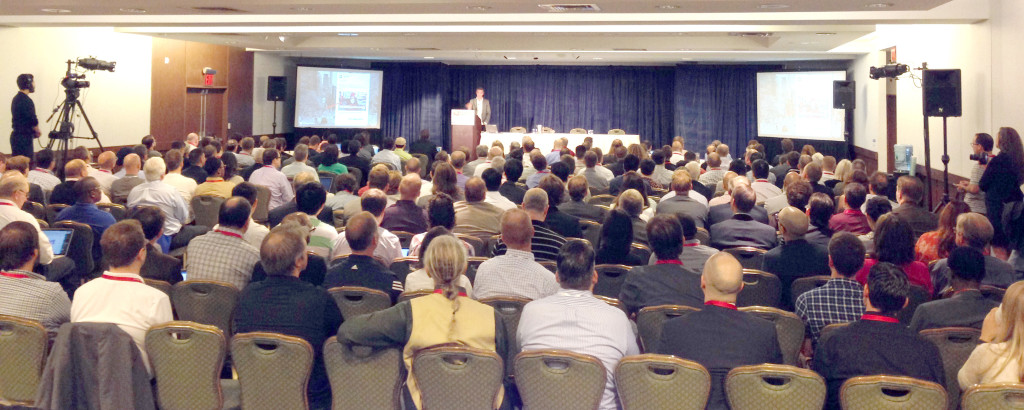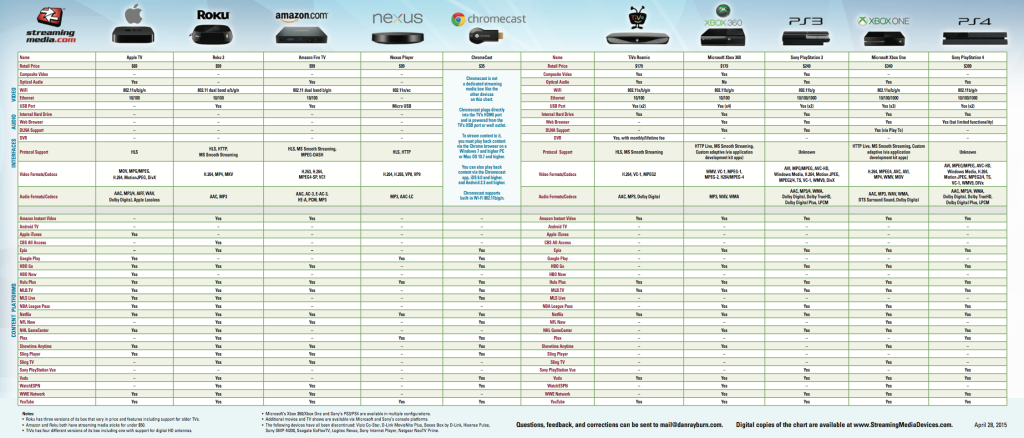NYC Job Opening – Video Streaming Engineer
![]() Canary, which makes a device that live streams high-quality HD video and audio with the highest security and privacy protections, is looking for a Video Streaming Engineer in their NYC location. I met with them last week and heard about their plans to build out a team to further enhance their video streaming capabilities. The person they are looking for will help them architect, design, and enable the next generation live streaming technologies and needs to have the following experience:
Canary, which makes a device that live streams high-quality HD video and audio with the highest security and privacy protections, is looking for a Video Streaming Engineer in their NYC location. I met with them last week and heard about their plans to build out a team to further enhance their video streaming capabilities. The person they are looking for will help them architect, design, and enable the next generation live streaming technologies and needs to have the following experience:
- Knowledge of video and audio codecs (H.264, MPEG4, AAC, etc) and media streaming architectures (HTTP adaptive streaming, RTP/RTSP)
- Experience in optimizing video and audio codecs/players and using transport formats such as HLS and HDS
- Knowledge of system-level programming for large and complex systems
- Experience in building backend platforms for massive scale of parallel video streams (media relays, video switching) is a major plus.
The company is looking for brilliant, talented people who love toppling giants, working autonomously in small teams, solving challenging problems, and developing real solutions for everyday use. Canary’s product made Indiegogo history as the most successful connected home crowdfunded product ever, and has proven that there’s a real demand for a simple, intelligent, all-in-one home security device.
To apply for the job visit Canary’s website.



